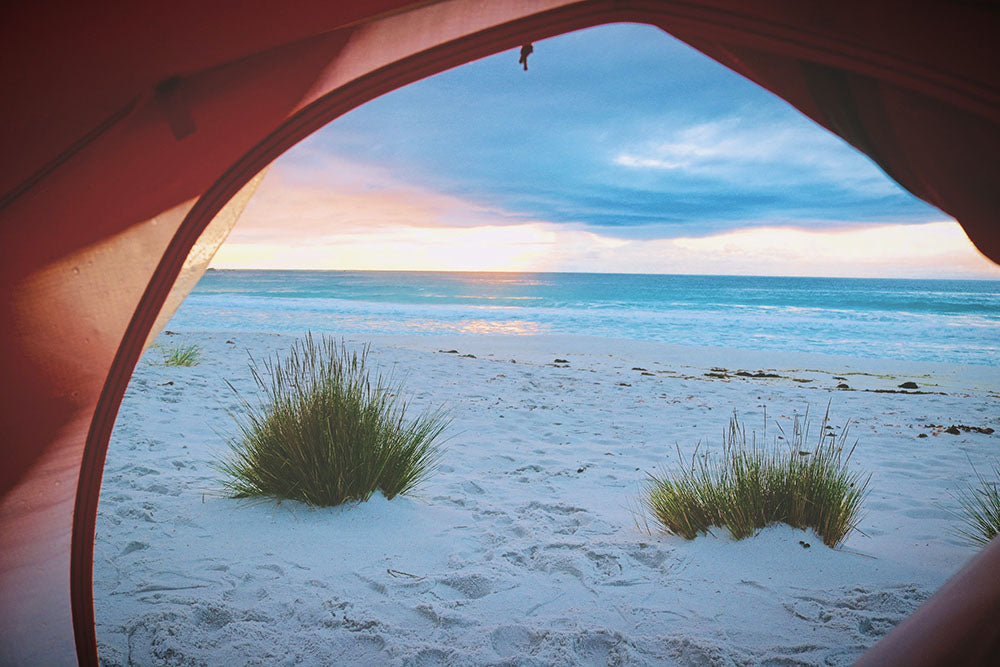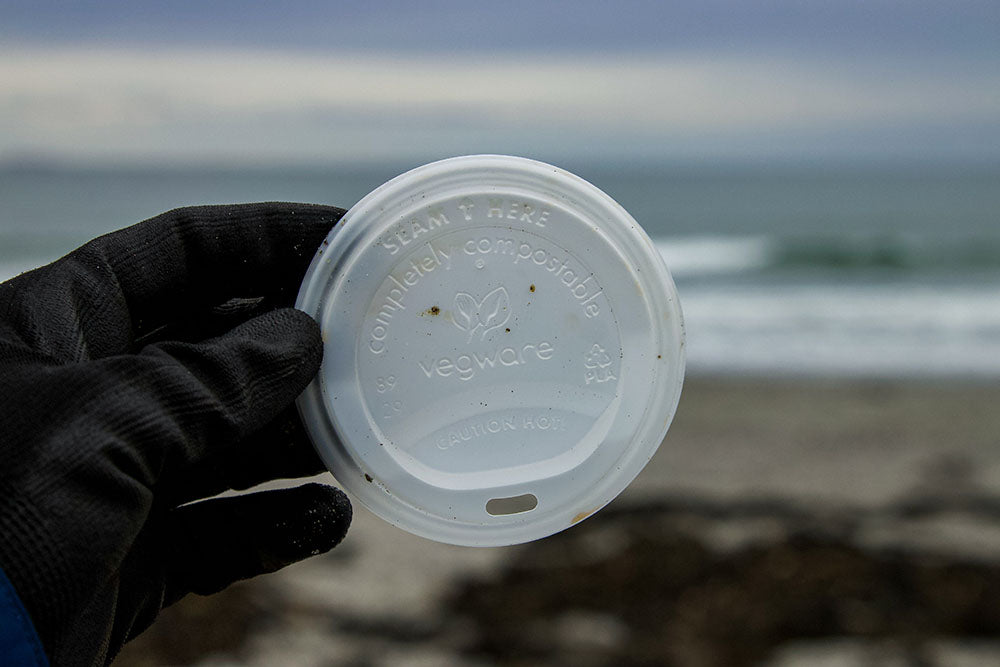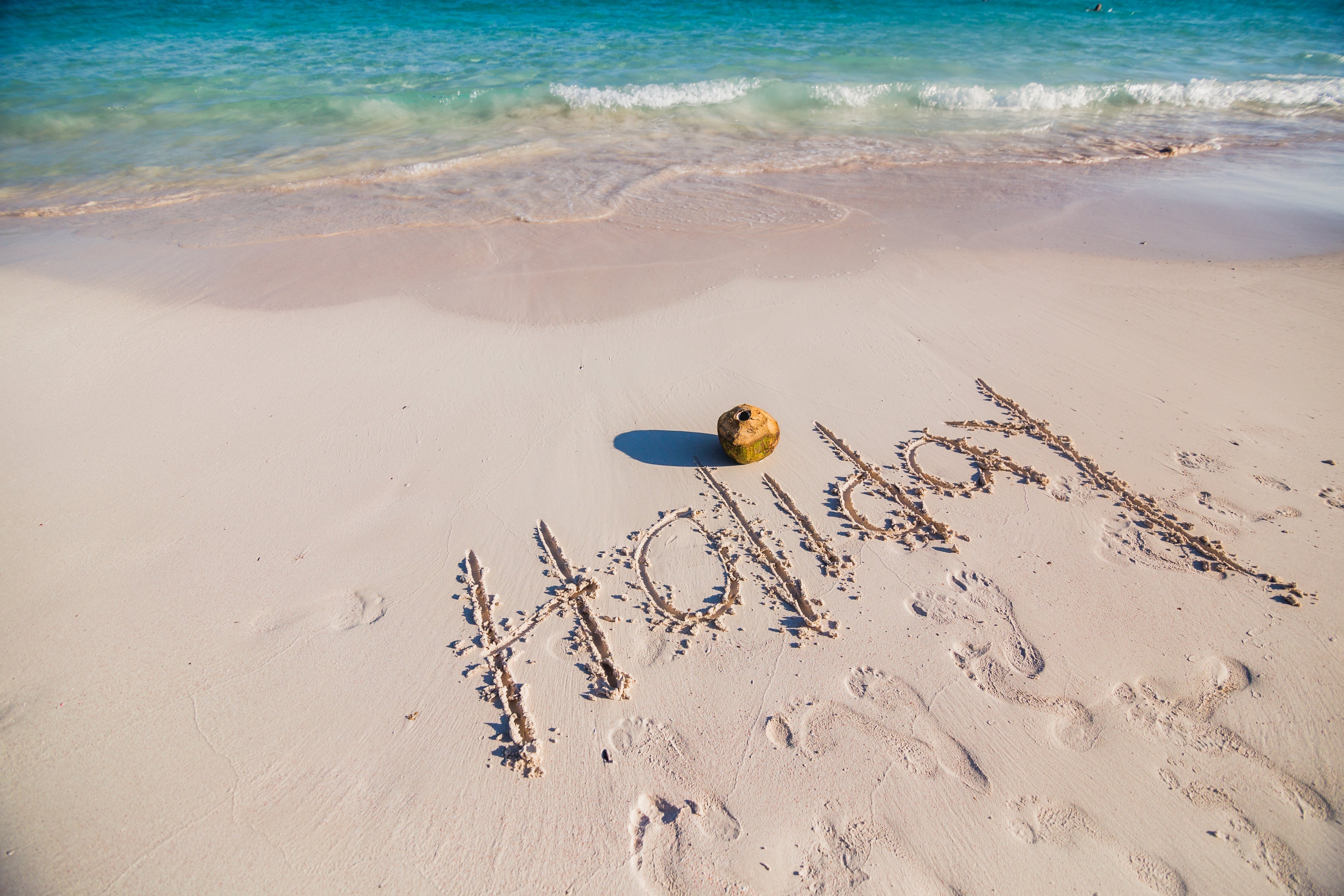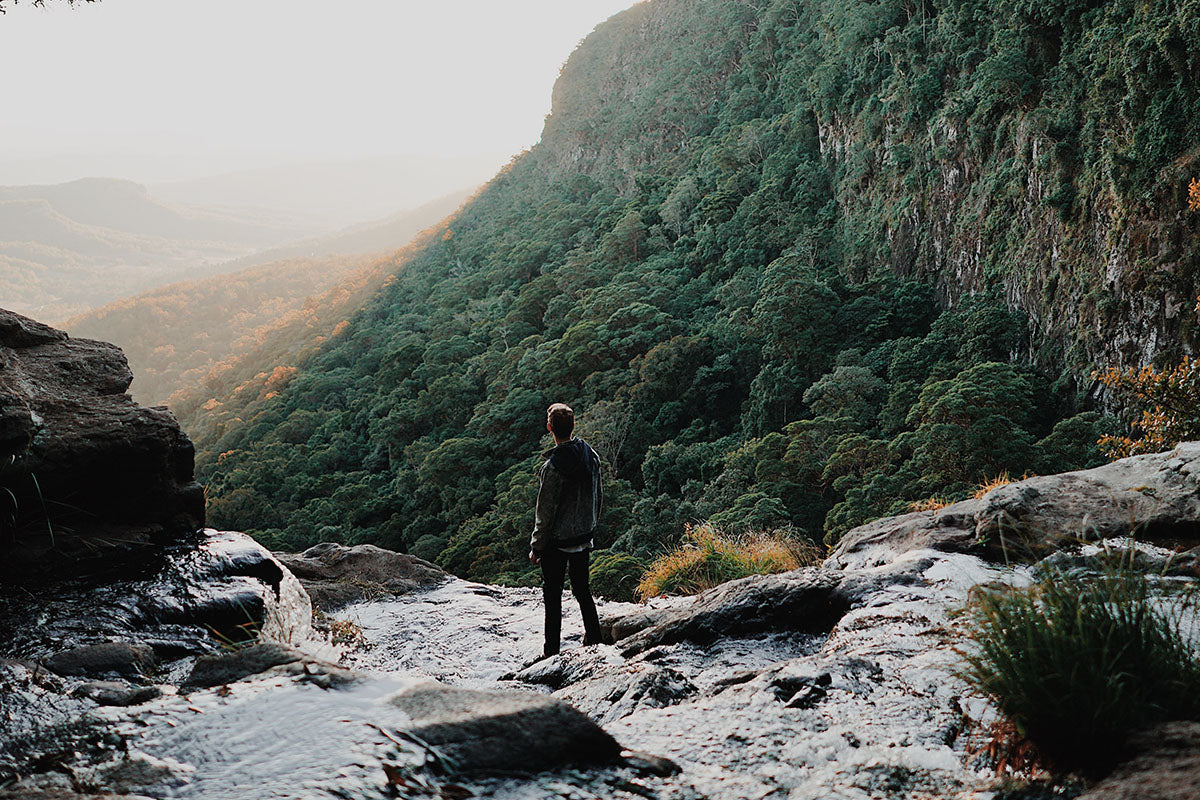A Simple Guide to Minimalist, Low-Waste Outdoor Camping

There's something special about minimalist, low-waste outdoor camping in Australia. Maybe it's the simplicity of being in nature with only the essentials or the satisfaction of knowing you're leaving a small environmental footprint. Whatever the reason, this type of camping can be a joyous experience for you and the planet.
By paring down your gear and your expectations, you can have a trip that is not only more enjoyable but also more sustainable. Here are a few tips to follow:
1) Always Plan Ahead
This may seem like an obvious one, but it's worth repeating. Planning ahead is key to any successful trip, but it's especially important when it comes to minimalist, low-waste camping. By taking the time to map out your route, research the area, and pack the right gear, you can avoid making unnecessary mistakes that will impact both your trip and the environment.
2) Find the Right Tools
One of the best things about minimalist camping is that it forces you to really think about what you need and what you can live without. When sorting through your camping tools and packing your gear for the trip, ask yourself if each item is truly essential. If the answer is no, leave it at home. If the answer is yes, add it to the bag.
3) Seek Organic Food
One important step you can take to reduce your carbon footprint is to seek out organic food options. When packing food for your trip, make sure to choose certified organic items and chemicals-free. This will not only be better for your health, but the waste that will come from it will also be better for the environment.
4) Get a Reusable Water Container
Investing in a reusable water container is one of the greatest ways to lower your carbon footprint while camping. This will allow you to avoid using disposable water bottles, one of the world's biggest sources of waste. There are various reusable water containers on the market, so make sure to choose one that is right for you.
5) Know What to Eat First
When you are packing food for your camping trip, it is important to know what to eat first. This will allow you to avoid having to throw away any spoiled food when you return home. Make sure to pack items that will not spoil easily, such as dried fruit, nuts and granola bars. Anything that's easily perishable should be consumed at the appropriate time.
6) Buy Single-Use Alternatives
There are many alternatives to single-use items that you can buy to make your camping trip more sustainable. Some examples include reusable straws, sandwich bags, ice packs and cutlery sets. These alternatives are often just as affordable as their disposable counterparts and can help you reduce your carbon footprint while camping.
7) Know How to Clean Up
When you finish camping, it is paramount to know how to properly clean up your campsite. This means disposing of all trash and recyclables in the appropriate receptacles and properly disposing of all food waste. Make sure that your campsite is free of harmful chemicals, too, like insect repellent.
Conclusion
Low-waste outdoor camping is a brilliant way to enjoy the outdoors while minimising your impact on the environment. There are many joys to be found in camping in this way, including the satisfaction of knowing you are doing your part to protect the planet during your adventure.
Interested in Cheeki drink bottles? The Living Co. is an eco-friendly store in Australia, offering premium, low-waste, plastic-free, organic food and natural cleaning products to help you shop consciously and live sustainably. Shop now!



Comments